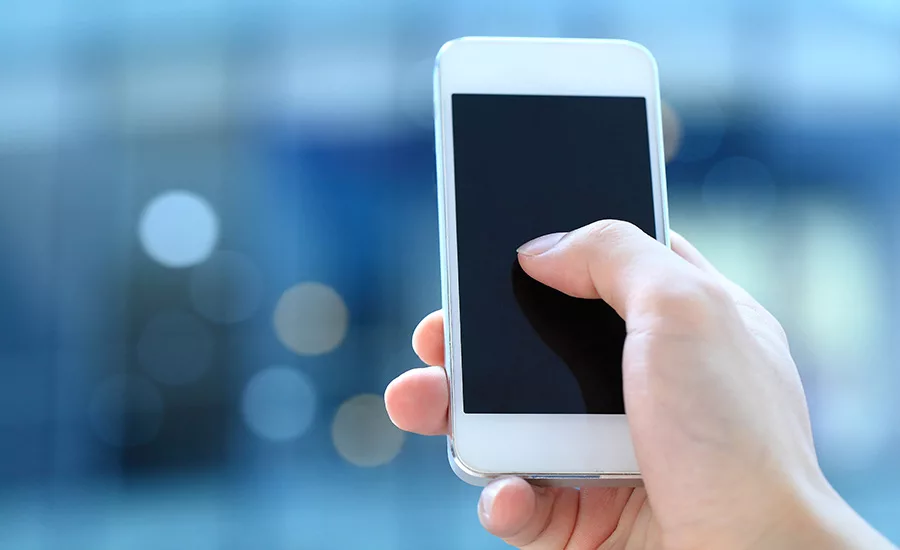Tinder Introduces Panic Button Feature

Tinder has expanded safety efforts through a personal safety feature, a dedicated safety center and photo verification technology to its application.
Tinder is one of the world’s most popular app for meeting new people, and is owned by Match Group, the Dallas-based corporation that has revenues of $1.7 billion and that dominates the dating industry in the U.S.
According to Tinder, the new safety features include an integration with personal safety app Noonlight, which will offer a safety service that connects users to personal emergency services; Photo Verification, which will compare a posed photo taken in real-time to profile photos, which can help verify a match's authenticity and increase trust in member profiles; and an in-app Safety Center.
“Every day, millions of our members trust us to introduce them to new people, and we’re dedicated to building innovative safety features powered by best-in-class technology that meet the needs of today’s daters,” said Elie Seidman, CEO of Tinder. “I’m proud to share these updates, which represent an important step in driving our safety work forward at an unmatched scale.”
Tinder notes that the integration with the app Noonlight will allow members to share details about upcoming dates via Noonlight’s Timeline feature, including who they are meeting, where and when, with the ability to easily and discreetly trigger emergency services if they are feeling uneasy or in need of assistance via the Noonlight app.
Photo Verification allows members to self-authenticate through a series of real-time posed selfies, which are compared to existing profile photos using human-assisted AI technology, says Tinder. Verified profiles will display a blue checkmark so members can trust their authenticity.
A recent report by Columbia Journalism Investigations and ProPublica studying over 150 sexual assaults tied to dating apps, revealed that dating sites are well aware that convicted sex offenders are using their platforms. In 10 percent of the incidents, dating platforms matched their users with someone who had been accused or convicted of sexual assault at least once, the analysis found. Only a fraction of these cases involved a registered sex offender.
A spokesperson for Match Group told CJI and ProPublica researchers that, “There are definitely registered sex offenders on our free products.”
Looking for a reprint of this article?
From high-res PDFs to custom plaques, order your copy today!



